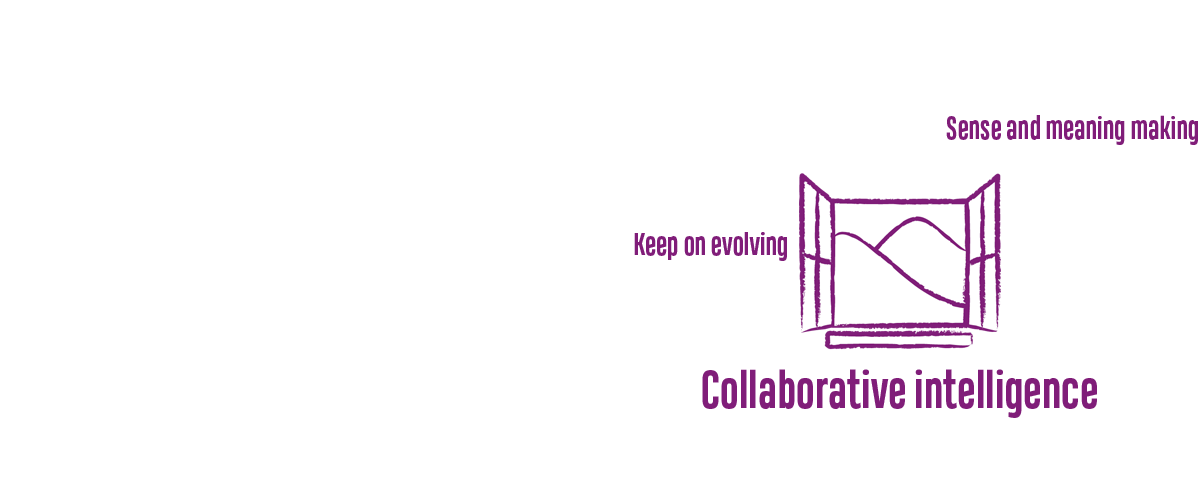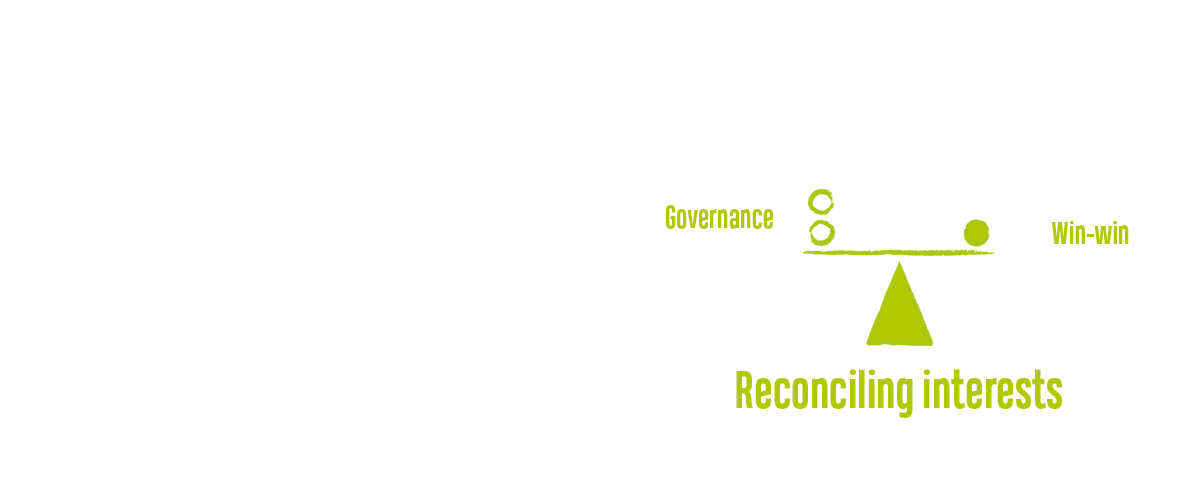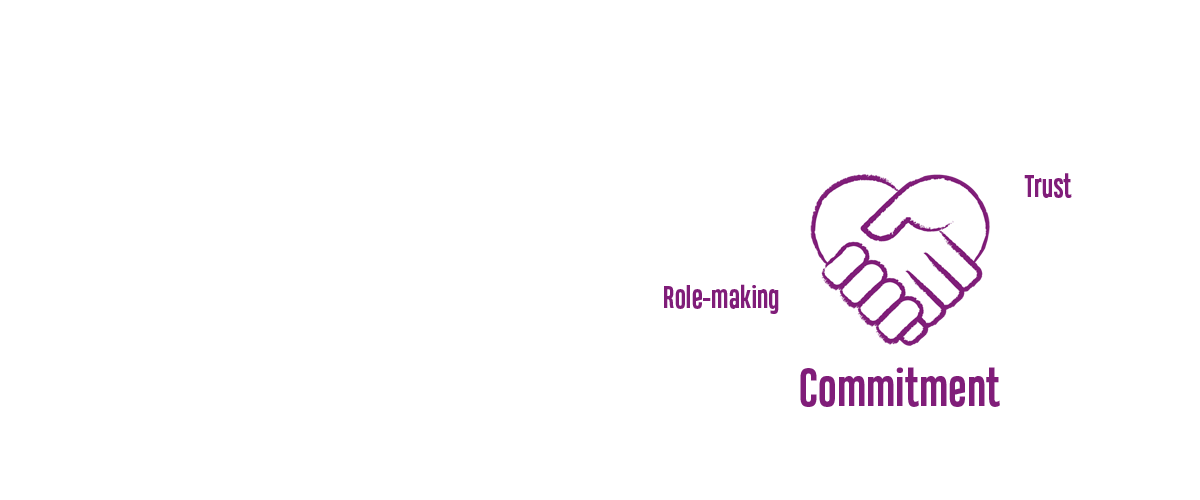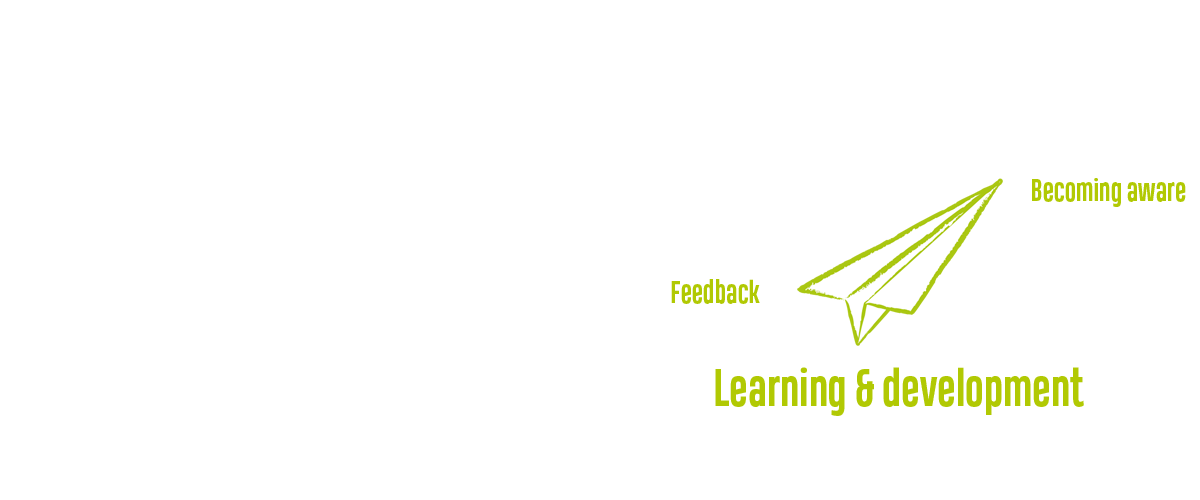Wat? Individuele, team en organisatieontwikkelingskeuzes maken op basis van gegevens
Herdenk
In snel evoluerende omgevingen worden bedrijven gedwongen om hun samenwerkingsmodel voortdurend aan te passen. Deze evolutie vraagt om een flexibele benadering van organisatieontwikkeling.
Je organisatie- ontwikkeling
Functies, samenwerkingsprocessen en governancestructuren veranderen nu sneller dan ooit tevoren. Veel problemen kunnen worden voorkomen door de interventies af te stemmen op wat binnen het bereik ligt van de betrokken partijen. Dit vormt de basis voor doordachte initiatieven op het gebied van individuele, team- en organisatieontwikkeling.
Op basis van mogelijkheden
De applicatie verruimt je keuzemogelijkheden. Het stelt vast hoe samenwerking functioneert, welk potentieel er is en welke beperkingen moeten worden overwonnen. Hierdoor kan je je aanpassen aan de nieuwe realiteiten waarmee je wordt geconfronteerd.
En een specifieke focus
De Dynamic Collaboration applicatie richt zich specifiek op het (her)ontwerpen van werkprocessen, het optimaliseren van individuele besluitvorming op alle niveaus binnen de organisatie en het verbeteren van teamwerk.
De figuur schetst de drie kernvragen vanuit de Dynamic Collaboration aanpak.
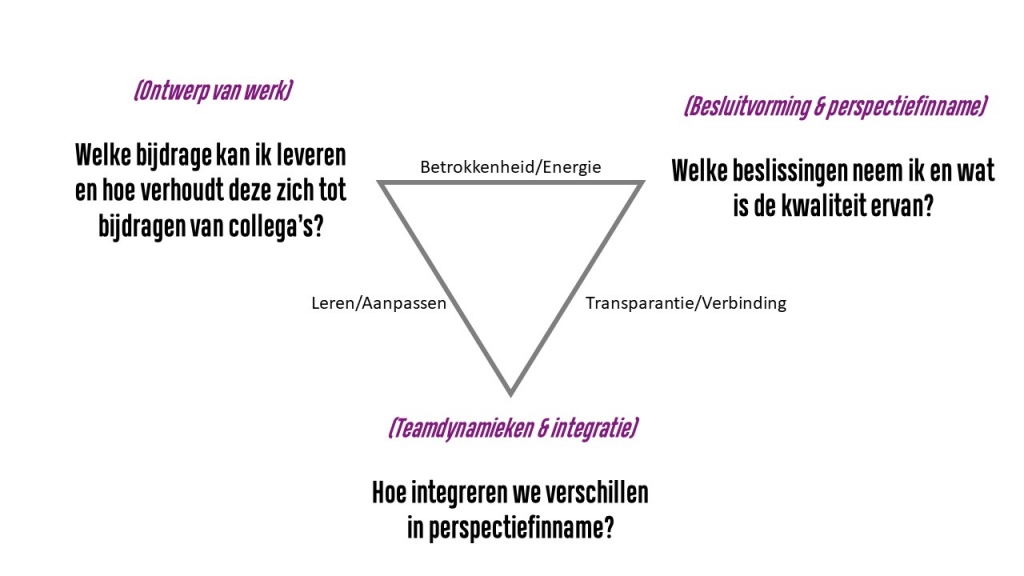
De App
De applicatie biedt helderheid over de kwaliteit van samenwerking door de onderlinge verbanden tussen het ontwerp van werk, medewerkersbesluitvorming en teamdynamiek te belichten. De verkregen resultaten helpen bij het begrijpen van de dieperliggende oorzaken van kwaliteitsproblemen, moeilijkheden bij het vertalen van strategieën binnen de organisatie, gebrek aan flexibiliteit en het uitblijven van resultaten bij innovatie-initiatieven.
Met de Dynamic Collaboration Applicatie kun je
- functies en rollen herdefiniëren om zo de waardecreatie te maximaliseren.
- begrijpen hoe individuele medewerkers hun functies of rollen interpreteren, en of ze deze nu verbreden of verengen.
- daadwerkelijke doorbraken bewerkstelligen in de kwaliteit van de teamdialoog.
De applicatie is ontwikkeld op basis van de meest recente inzichten in de organisatie van werk en wat medewerkers reëel laat groeien.
Of je nu een bedrijf bent of een consultant, je kunt de applicatie na één opleidingsdag gebruiken.
Bekijk de agenda van de Dynamic Collaboration Academy voor de beschikbare trainingsdagen. Indien je een interne training voor je bedrijf wenst, wordt deze aangepast aan de specifieke vraagstukken en uitdagingen van jouw organisatie.
Twee modules: (1) Het herdenken van functies en rollen (Verhaallijngenerator), en (2) het meten van breedte en diepte van perspectiefinname (Waardenspiegel)
Met de Verhaallijngenerator krijg je een scherp beeld van hoe het werk momenteel georganiseerd is en hoe het verbeterd kan worden. Het draait om het volgende:
- Samenvatten van het werk in een verhaal
- Identificeren van de belangrijkste verantwoordelijkheden in een functie of rol
- Onderzoeken van samenhang en tegenstrijdigheden tussen verantwoordelijkheden
- Beoordelen hoe verschillende functies en rollen elkaar versterken (of tegenwerken)
- Bepalen van het verschil dat gemaakt moet worden voor klanten, innovatie, middelenbeheer en planning
- Het vaststellen van de besluitvormingsbevoegdheden per rol
- Voorspellen van de kwaliteit van de dialoog en besluitvorming, zowel horizontaal als verticaal binnen rapportagelijnen
Met de Waardenspiegel wordt het gezichtspunt van rol- en functiehouders onderzocht:
- Hoe ze problemen aanpakken en keuzes maken
- Hoe zij beslissingen nemen en hun denkruimte benutten
- Wat hun motivaties zijn en vanuit welke perspectieven ze hun opdrachten interpreteren
- Hoe ze feedback geven en ontvangen in lijn met de verwachte bijdragen
- Welke verantwoordelijkheden ze wel of niet op zich nemen
- Waar hun ruimte voor groei en ontwikkeling ligt
- Welke de diversiteit is in perspectieven in samenwerking
- Hoe teamleden samenwerken en welke doelstellingen ze wel of niet zullen bereiken
- Hoe teamleden tot kwalitatieve en uitgebreidere besluitvorming kunnen komen
- Welk niveau van zelfsturing binnen een team kan worden ontwikkeld
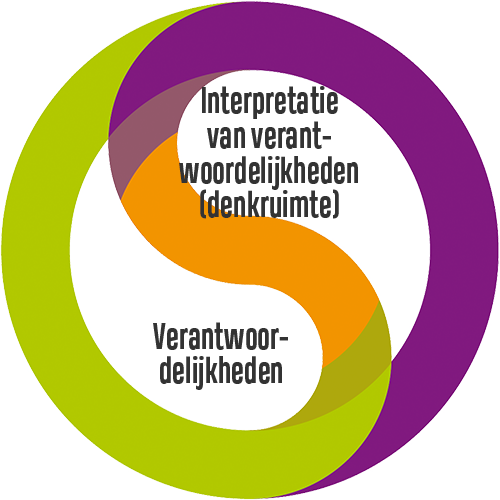
Wat de App mogelijk maakt
Deze app verbetert de manier waarop mensen samenwerken tijdens veranderingen, op individueel, team- en organisatieniveau. Dit leidt tot een sterker gevoel van verantwoordelijkheid op alle niveaus.
Het helpt bedrijven om hun waardecreatie te verbeteren, waardoor ze binnen zes maanden betere resultaten kunnen zien en hun strategie effectiever kunnen uitvoeren.
De app ondersteunt de herziening van cruciale processen in het HR-traject, wat resulteert in een organisatie die meer gericht is op bewuste ontwikkeling.
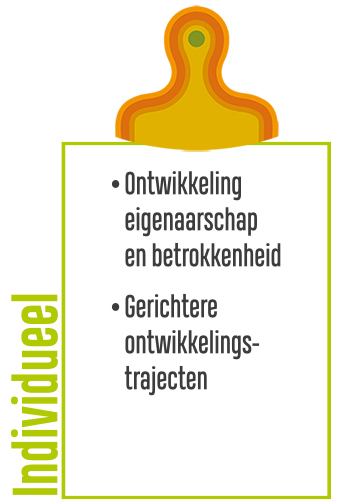

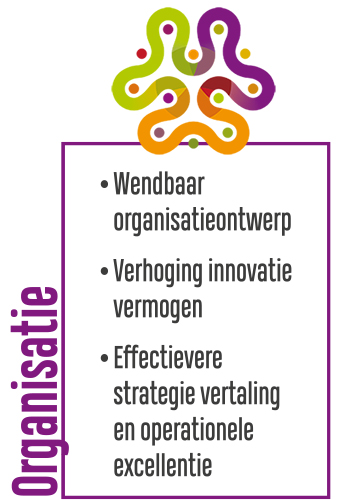
Dynamisch samenwerken
Wat is het?
- Dynamische samenwerking ontstaat wanneer teams groeien en samenwerkingsvaardigheden verbeteren. Deze groei, genaamd een ‘opwaartse beweging’, ontstaat door drie acties:
- Individuele ontwikkeling: Het vergroten van denkvermogen en het loslaten van persoonlijke belangen.
- Teamverbetering: Het opzetten van effectieve afstemmingen en besluitvormingsprocessen die elkaar versterken.
- Organisatieherontwerp: Het opnieuw vormgeven van relaties tussen functies onderling, al dan niet in combinatie met rollen.

Hoe ontstaat het?
- Door het verbeteren van de kwaliteit van zowel de onderlinge als de innerlijke dialoog.
De gesprekken zijn gericht op het samenbrengen van de verhaallijnen en het wederzijds begrijpen van de kernverantwoordelijkheden tijdens vijf belangrijke gesprekken. Dit bevordert eigenaarschap.
In de innerlijke dialoog streven we naar tweezijdig luisteren, waarbij we zowel vanuit het perspectief van anderen als vanuit ons eigen perspectief luisteren. Dit maakt de verhaallijn persoonlijk en relevant voor iedereen.
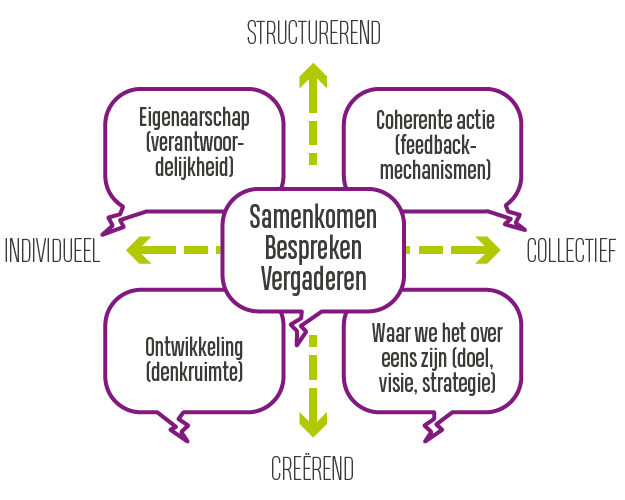
Vijf gesprekken
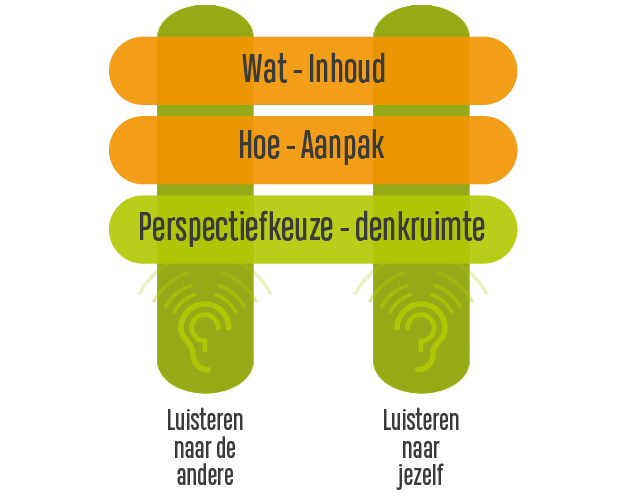
Tweezijdig luisteren
Onze klanten
Elk op zoek naar een beter inspelen op snelle veranderingen in hun omgeving.
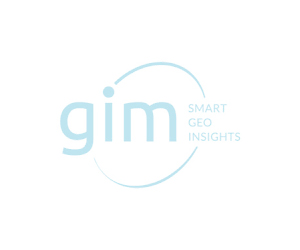
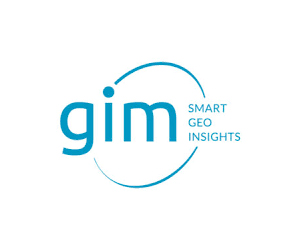

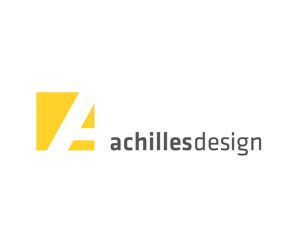
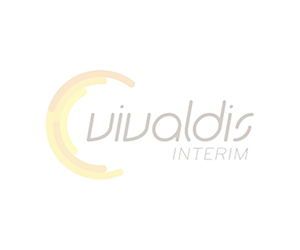
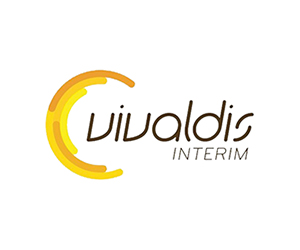

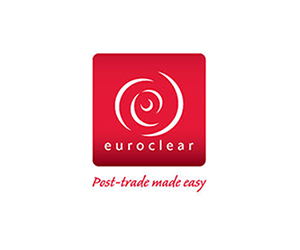

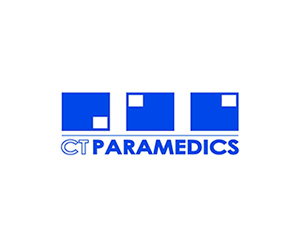
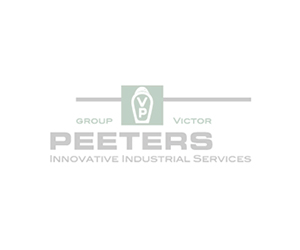
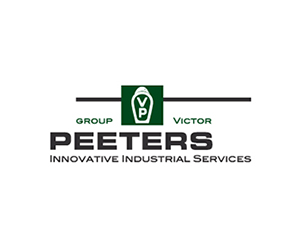
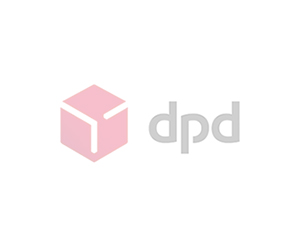
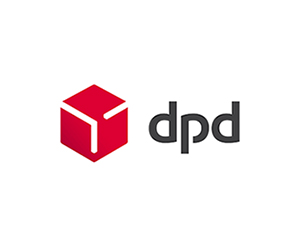


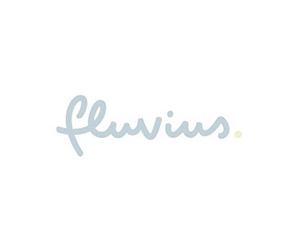
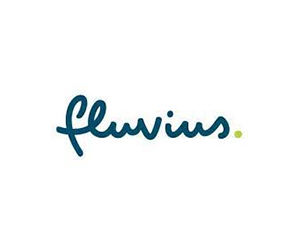

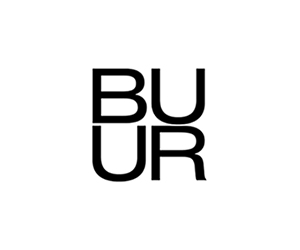
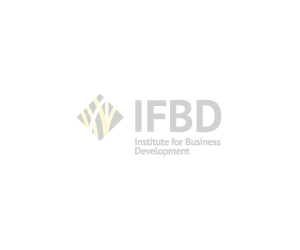
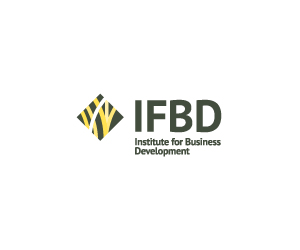
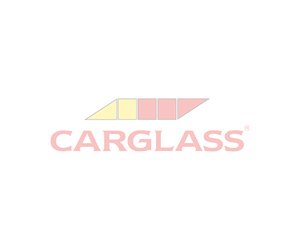
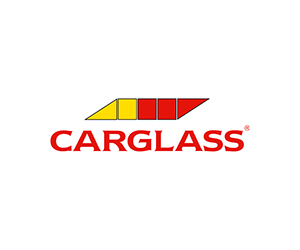
Wie wij zijn
Een netwerk van ervaren multidisciplinaire professionals die zich verbonden voelen door de droom om betere werkplekken te creëren.
Dynamic Collaboration is een netwerk dat organisaties helpt om zich voor te bereiden op de toekomst. We concentreren ons op slimme acties die groei stimuleren op individueel, team-, organisatie- en maatschappelijk niveau. We focussen op het efficiënter inzetten van middelen, het begeleiden van overgangen naar duurzamere bedrijfsmodellen en het ondersteunen van transformaties naar meer mensgerichte en veerkrachtige samenwerking.
De volgende enthousiaste Dynamic Collaboration Netwerk Consultants maken gebruik van de Dynamic Collaboration Applicatie en staan klaar om je te ondersteunen in je organisatieontwikkeling (in alfabetische volgorde):
- Andreas Bierwolf
- Jan De Visch
- Martine Gorissen
- Cécil Schmitt
- Maarten Van Damme
- Koen Van Hoey
- Kirby Van den Brande
Volgende klanten zijn lid van het Dynamic Collaboration Netwerk en denken actief mee met de verdere ontwikkeling van de Applicatie:
Met volgende collega’s hebben we een ecosystemisch samenwerkingsverband. Vanuit hun specialisatie dragen zijn bij aan facetten van de werking:
De kern van onze aanpak, schematisch voorgesteld:
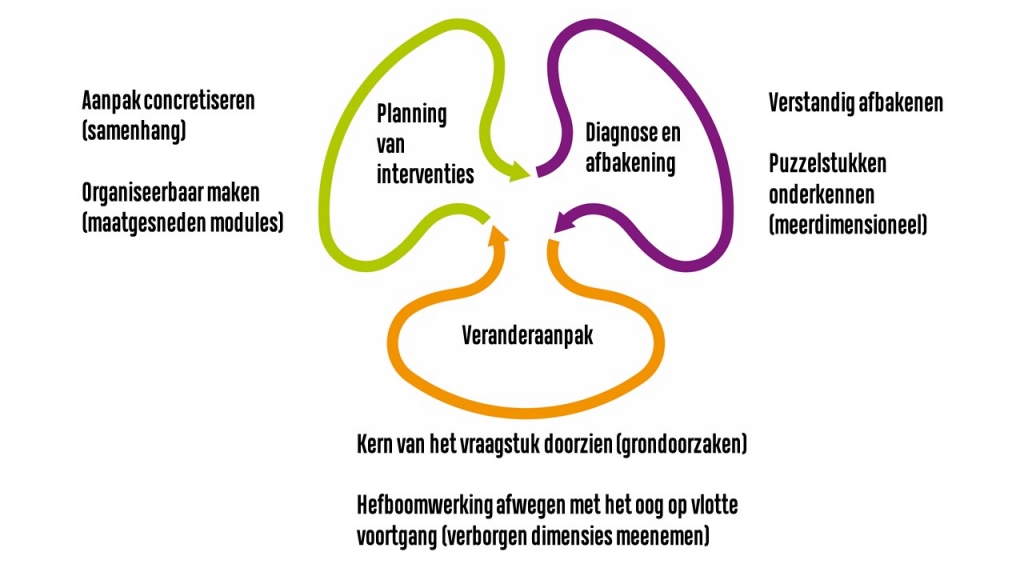
Contacteer ons
“Hun demo heeft mijn blik geopend”
“Hier maak ik écht het verschil mee”
> terugkerende reactie bij klanten en partner consultants
Dynamic Collaboration
A Connect & Transform Brand
Koningin Astridlaan 144
2800 Mechelen
Tel 0478 31 24 24
jan@connecttransform.be

